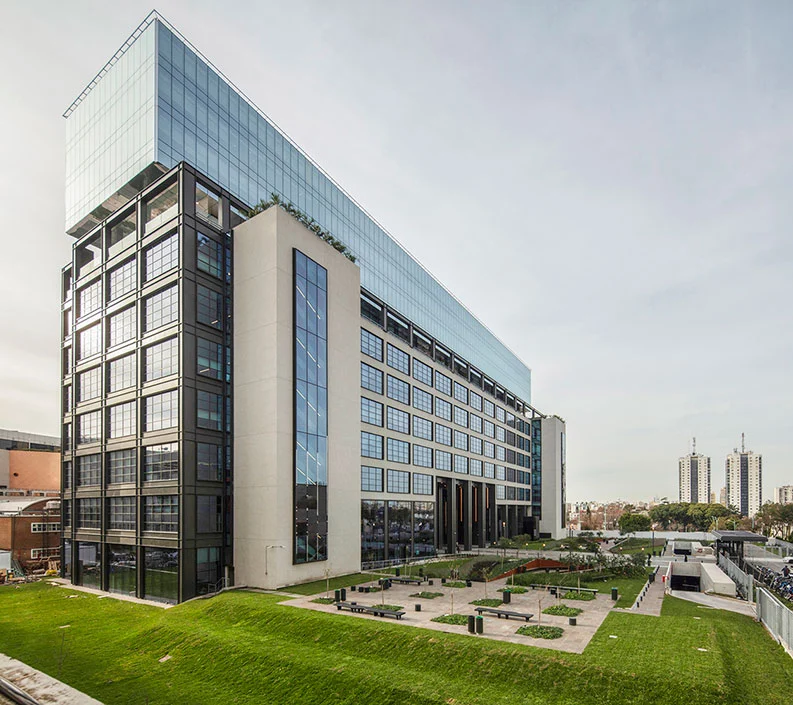Argentina’s Central Bank’s new rule has reignited tensions with homegrown Latin American e-commerce giant Mercado Libre.
The bank aimed to replace an instant debit feature with a system called “Pull Transfers.” They wanted to lower fraud risks.
Mercado Libre saw this as a step back for financial inclusion. This is not a first. The government and Mercado Libre have clashed before.
Led by entrepreneur Marcos Galperín, the company increasingly competes with traditional financial bodies.
High inflation in Argentina has led people to shift funds from banks to Mercado Pago, the company’s payment service.

Industry expert Julián Zícari weighed in. He highlighted Mercado Pago’s user-friendly features and interest offerings.
These perks are luring customers away from banks. As a result, traditional financial institutions are losing market share.
The relationship between the company and different administrations has changed over time.
Galperín openly criticized the Kirchnerist government and enjoyed better relations under former President Mauricio Macri.
Furthermore, Zícari raised concerns about Mercado Libre’s dominant market position. The company is not only a leader in online shopping but also in various sectors.
This could lead to unfair practices and increased fees.
In summary, Mercado Libre is at a complex intersection. It faces both political challenges and worries about its growing market share.
Background Mercado Libre on Banking Rules
This latest dispute is more than a singular event; it reveals deep-seated issues. It shows the challenges of regulating fast-growing fintech companies like Mercado Libre.
These firms often outpace the existing financial infrastructure and regulatory frameworks.
For the Argentine government, the challenge lies in fostering innovation while ensuring fairness and security.
Mercado Libre’s broad reach across various sectors adds another layer of complexity. This makes it difficult for regulators to apply one-size-fits-all rules.
Ultimately, the balancing act between innovation and regulation will require thoughtful policy-making.
Both parties must collaborate to create an environment that benefits businesses and protects consumers.

